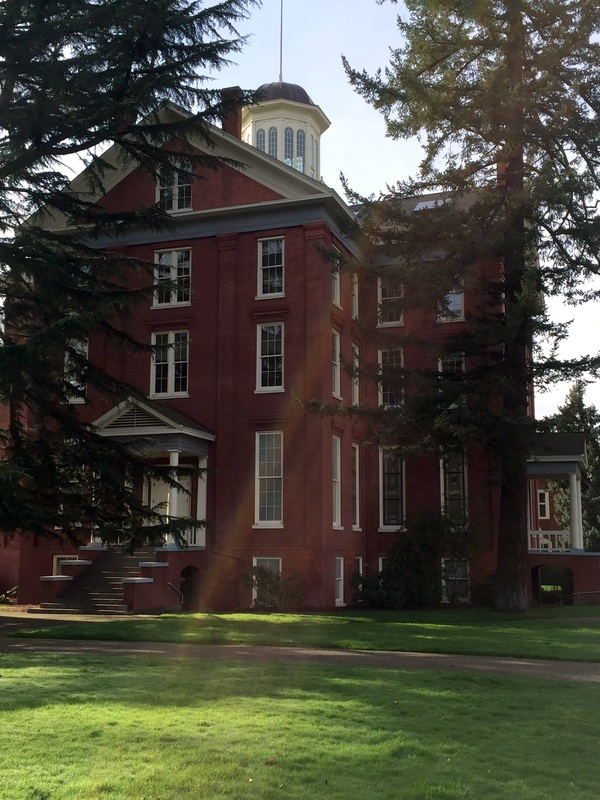Liberal Arts in a Technical World?

Characteristics of a Liberal Arts College
Isn't a Liberal Arts College Expensive?
| While many liberal arts colleges are private, there are also some public liberal arts institutions, which can help manage costs. The west coast includes these budget friendly options: Sonoma State University, Southern Oregon University, Western Oregon University, and The Evergreen State College in Washington. Many private liberal arts colleges have generous merit-base scholarships and have merit money for “B” students, so you shouldn’t count the private option out until you’ve explored the possibilities. The book Colleges that Change Lives, by Loren Pope, is an excellent resource for exploration. Here is a link to the website: http://www.ctcl.org/. |
Benefits of a Liberal Arts Education
| A liberal arts college might be right for you if you are looking for a college experience that enhances the following:
synthesis of new ideas creativity evaluation
|





 RSS Feed
RSS Feed





